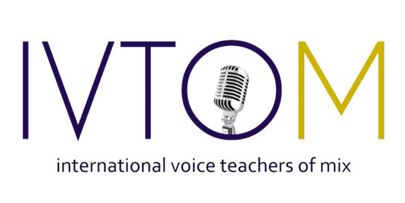The Weak Voice
Weekly Teaching Tip – Jan. 30, 2017
by Anna Siciliano, SLP
Here at the Voice Center we see patients with weak or fatigued voices on a weekly basis. While we often focus on VOCAL ABUSE and VOCAL OVERUSE, when talking to singing teachers about voice disorders, it is important to realize that VOICE UNDERUSE can be a problem too.
We see many aging patients who feel their voice is not meeting their daily needs. When we examine them with Video Stroboscopic equipment, we often see thin vocal folds and we call this Vocal Fold Bowing or Presbylaryngis.
Lately though I have seen several younger patients with weak vocal folds. Their symptoms include vocal fatigue, not being able to talk over noise (such as in a noisy restaurant) and even complaints of swallowing difficulty. When we examine these young patients, we sometimes find thinning of the vocal folds or bowing similar to that in our aging patients.
What might be causing this? UNDER USE I have seen several widowed patients that are not talking at home as much as they used to. I have seen divorced patients that talk less at home now that they are living alone. Perhaps their job requires little voice use and when they go home they are alone, so they are quiet. Then when they try to sing, the voice is weak.
What are some answers for these types of patients/students?
*We encourage them to use their voice more.
*We often encourage them to read aloud from any text for 2-4 minutes two times per day.
*They can sing at home such as hymns or favorite easy songs.
*They should work on diaphragmatic breathing as strong breathing means a stronger voice.
*They can join a group of some type during the week, something that requires talking like a book club, church group or other.
You know that old saying, ‘USE IT OR LOSE IT’. It is true for all of our muscles. If we don’t walk or stand much, our legs get weak. If we don’t talk or sing much, our voice muscles get weak.
Recently I evaluated a deaf patient who was having trouble with swallowing. She does not use her voice at all as she communicates with sign language, texting or writing. Even though she is a young woman, her vocal folds are thin and weak. She prefers not to make sound so I cannot give her voice exercises, but I can give her silent vocal fold exercises such as pushing down on the arms of a chair and swallowing hard. Still, her swallowing would likely improve if she would complete vocal exercises. This is a rare case but interesting.
So, for students you have who live alone or don’t talk much at home and at work, you may want to add a speech task to their daily vocal exercises. Reading aloud is a good exercise, but must be done correctly. They should speak in medium volume and medium pitch range and pause often while reading to renew the breath.
If after practicing reading aloud for 3-4 weeks, their singing voice still feels weak, refer for a voice evaluation.
“Speaking and Singing for a life time”
Anna

